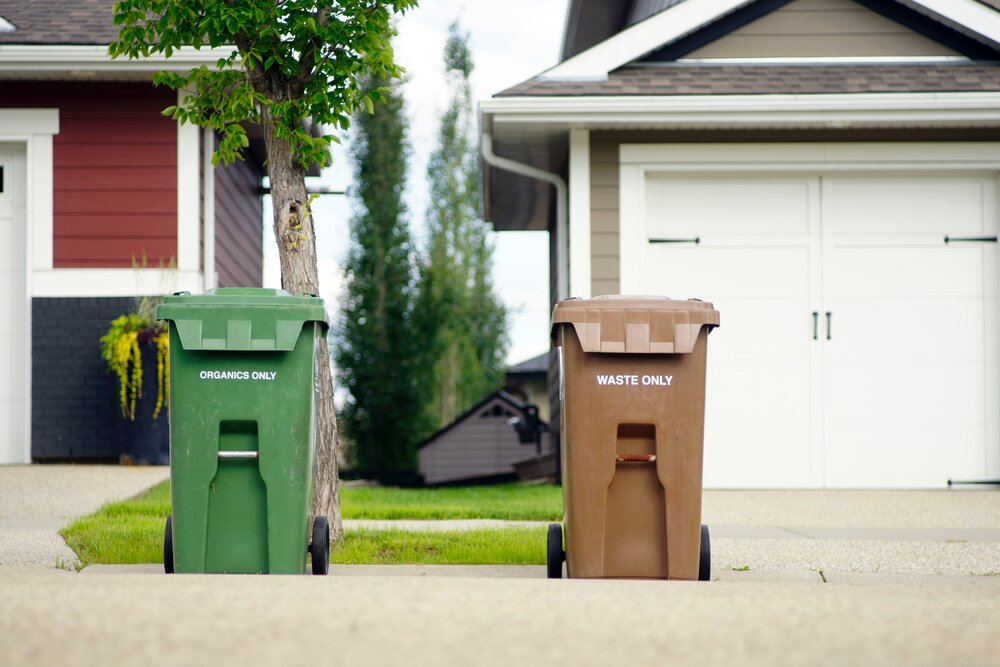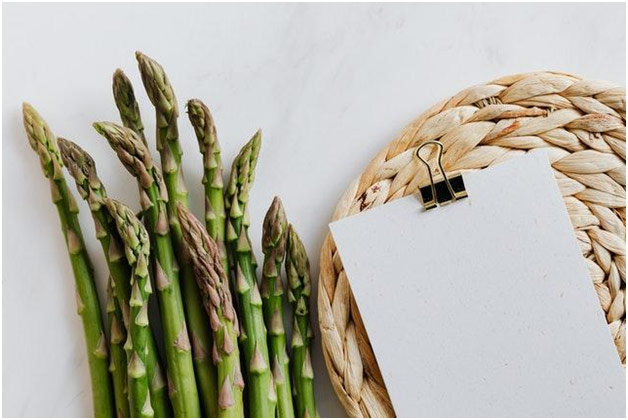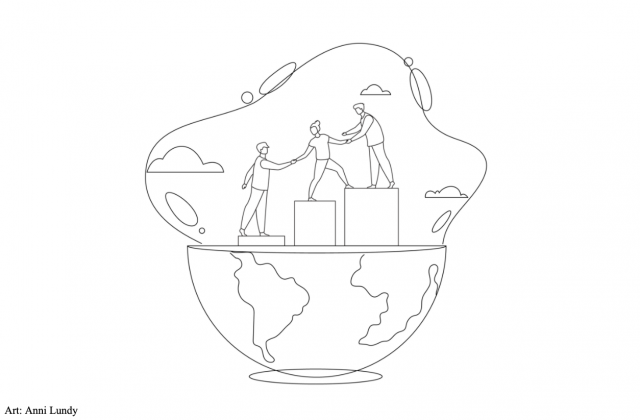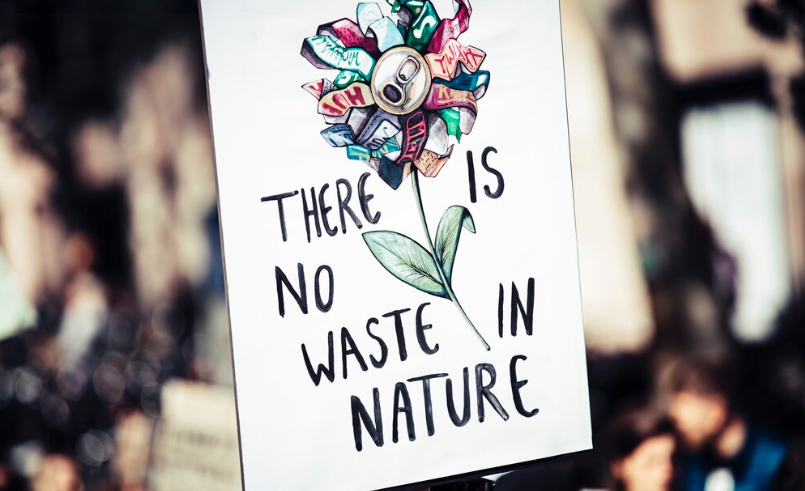
ELLA HENDRIX MARCH 6, 2020
Ways to Reduce Your Household Waste In 2020
We know that the planet is in a climate crisis, and one of the biggest issues that we are facing is concerned with the amount of household waste that we are creating. Whether it is plastic that is going into landfills, sewage that is being treated by chemicals, or food waste, we should all be trying to do our bit to help to reduce our household waste and give the planet a chance.
Reducing your overall household waste doesn’t necessarily mean making massive changes to your lifestyle – in fact, it can be more effective to make a series of smaller changes, all of which can add up to having a larger effect. And as well as helping the environment, it can often save you money in the long run.
Here are some sure-fire ways to help to reduce your household waste…
Get a Waste Tank
Instead of disposing of your wastewater and sewage through the federal sewage system, a waste tank at home can get rid of it in a way that is kinder to the environment. A waste tank allows the waste-water and sewage to be cleaned organically using natural chemicals, which is then drained away into the natural environment. Any other non-clean waste is stored in the tank, which is then emptied occasionally.
A waste tank allows you to dispose of water and sewage in a way that doesn’t use nasty chemicals and can actually help your local environment.
Reduce Food Packaging
Food packaging makes up a massive percentage of our household waste. It can, however, be difficult to reduce the amount that we create – especially as it might seem like we don’t have much control over how supermarkets sell their groceries. There are, however, some small things that you can do:
· Look for fruit and vegetables which aren’t wrapped in plastic and wash them when you are home
· Some stores now offer re-fill services where products like flour, milk, rice, meat, and pasta can be served into your own receptacles
· Choose to buy brands who are responsible and use recyclable or minimum packaging needed
· Reduce the amount of processed food that you buy – which often has high amounts of packaging
· Buy in bulk – a larger box of something will use less packing than buying multiple small boxes
Ditch the Disposable
Whether you are using diapers, face-wipes, sanitary products, razors or cups, when you’re about to throw it away, think about whether you can buy a re-usable version of it. There normally is. And it’s normally better for you and your loved ones – as well as for the planet. They might be a bit pricier than disposable versions but you will be able to use them over and over, and the world will thank you for it.
Sort your Food Waste
Food waste is another area where we throw away much more than we need to. There are two main aspects to reducing the impact of your food waste – having less of it in the first place and disposing of it in an effective way.
You can help to ensure that you are not continually throwing food away by simply ensuring that you eat it all. Try planning your meals for the week and only buy what food is needed for that. You should also be aware of when the eat-by date is on foods and make sure that you eat those with less time to go, first.
There will be occasions when you will have some food waste – even if it’s just vegetable peelings. A great idea is to have a compost bin where you can put these food scraps, allow them to decompose naturally and without causing harm to the environment – and as a bonus, you’ll get some lovely fertilizer to put on your plants in a few months’ time.
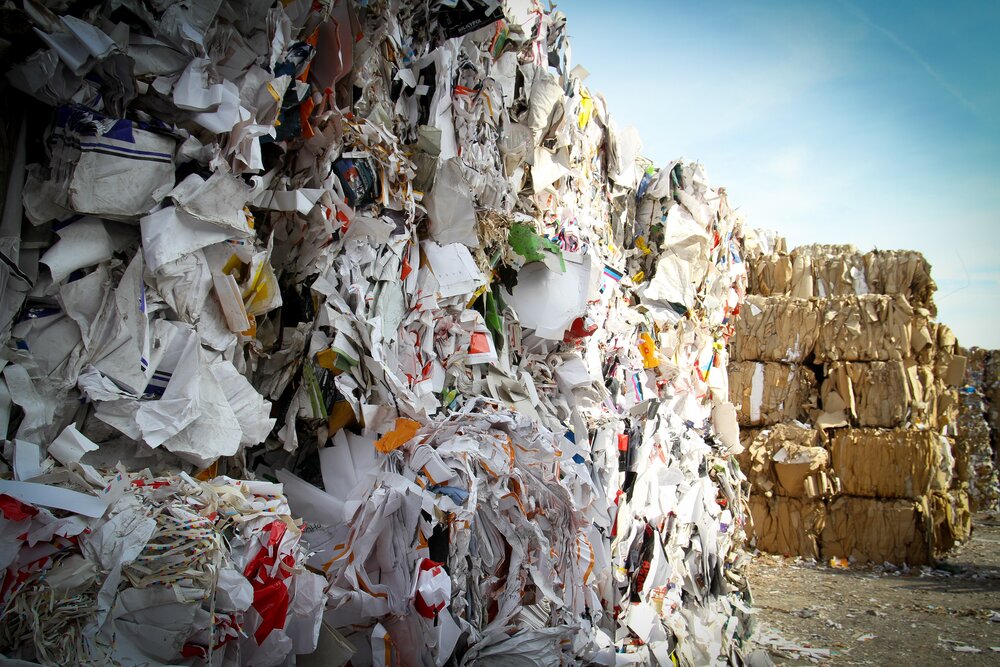
Stop. Think Twice
Before you throw anything away – especially if it’s due to go into landfill, think again about whether you can use it for something – or someone else can. Egg boxes or yogurt pots can be useful at the local kindergarten, old clothes can be used for cleaning rags or baby wipes, wrapping paper and envelopes can be re-used and the back of old letters used for kids’ drawing paper, for example.
Making sure that we are creating as little household waste as possible is an important – yet relatively simple thing, that we can all do to try to help the environment. If everyone made some of these small changes now, we really could see a big impact on the planet over time.
